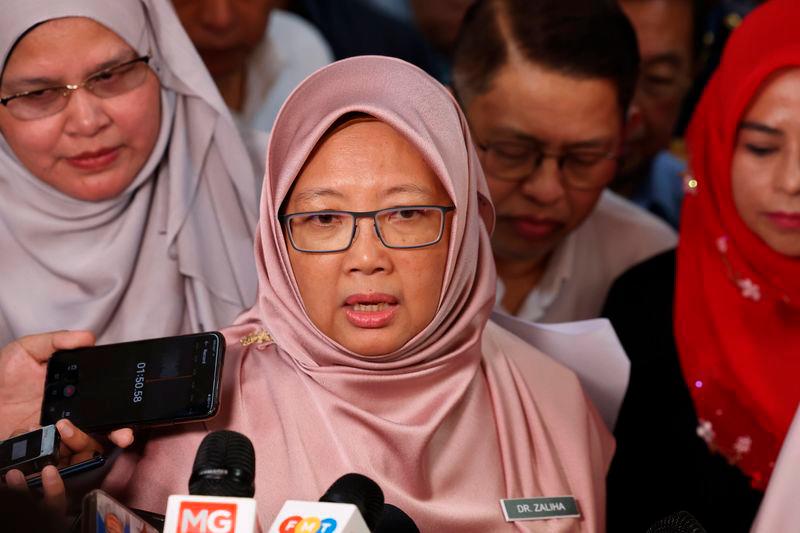PUTRAJAYA: Minister in the Prime Minister’s Department (Federal Territories) Dr Zaliha Mustafa today expressed the intention to enhance the strategic cooperation of twin cities between the Federal Territories, particularly Putrajaya and Shanghai through an expertise exchange programme.
Dr Zaliha, who is on an official six-day visit to China starting Oct 7, said that this initiative will allow Malaysia to learn more about smart city management and innovation-based technological solutions and ensure that the country remains at the forefront of adopting modern approaches.
“I am confident that this cooperation can elevate the Federal Territories (allowing it to implement) resilient and innovative urban management,“ she said in a post on X today.
Earlier, Dr Zaliha met with the Shanghai Municipal People’s Government, led by the Shanghai Municipal Commission of Housing, Urban-Rural Development and Management deputy director-general and Zhang Yonggang, the director of the Shanghai Urban Management and Law Enforcement Bureau.
The meeting was held following the Cabinet’s recent decision regarding the twin city cooperation between Putrajaya and Shanghai.
She said that the meeting focused on sharing expertise in urban regeneration strategies adopted by Shanghai for 10 of its key districts involving the redevelopment of residential, commercial, and industrial areas by 2025, which is expected to impact the city’s overall growth significantly.
“One aspect that caught my attention is the implementation of Sponge City, a smart flood management strategy using advanced monitoring technology, including underground sensors.
“This concept not only strengthens the city’s resilience against extreme weather changes but also has the potential to minimise the impact of natural disasters in flood-prone areas,“ she said, adding that the model could serve as an inspiration for the Federal Territories to integrate green technology into urban planning for a more sustainable future.
According to Dr Zaliha, Shanghai has also implemented a detailed urban grid management system, where the city is divided into smaller areas monitored using CCTV technology and a public database.









